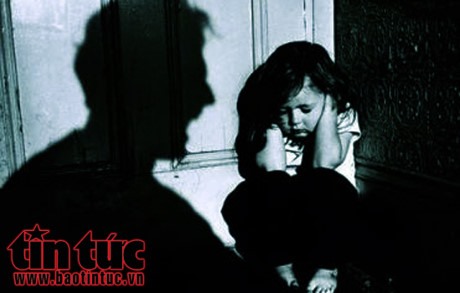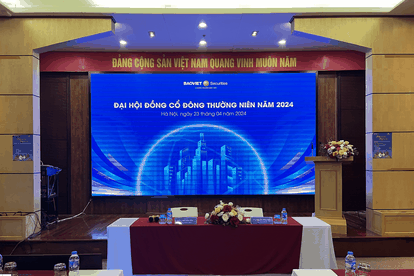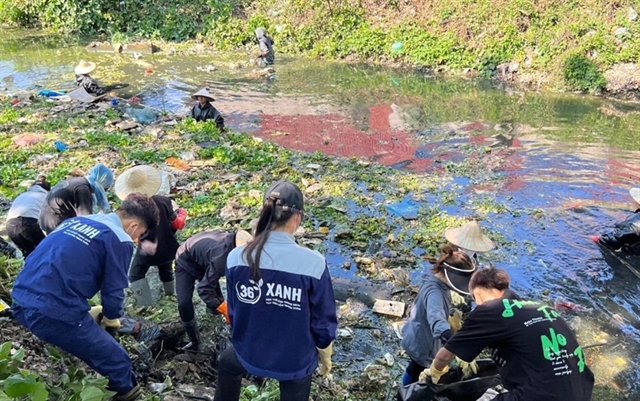 Politics & Laws
Politics & Laws

Lawyers and other legal experts have called for more detailed, specific provisions in tackling crime, especially those that are committed against children.
 |
| Lawyers and other legal experts have called for more detailed, specific provisions in tackling crime, especially those that are committed against children. – Photo baotintuc.vn |
HÀ NỘI – Lawyers and other legal experts have called for more detailed, specific provisions in tackling crime, especially those that are committed against children.
Commenting on draft amendments to the 2015 Penal Code, they said the lack of details could let some criminals go scot-free.
Child rape and other forms of sexual abuse of children occur across a wide range of ages, social and familial relations, and if the law doesn’t provide a set of detailed provisions, “some crimes might go unpunished,” said Nguyễn Văn Chiến.
Chiến was speaking as the head of a delegation of lawyers from Hà Nội to a conference held yesterday to gather and discuss feedback on draft amendments to the 2015 Penal Code.
The conference was organised by the Việt Nam Fatherland Front (VFF) Central Committee.
Chiến said the current Penal code doesn’t explicitly mention “pedophilic sexual crimes” or “homosexual sexual crimes,” or sexual non-penetrative acts, and this was a conspicuous absence that had to be “remedied.”
The present law says that even consensual intercourse with children below 13 is considered child rape, however, intercourse with children from 13 to 16 years old is considered the crime of having “intercourse with children.”
Trần Ngọc Đường, Chairman of the Council on Law Council, under the VFF Central Committee, said he agreed with present provisions of criminal liability for child offenders aged 14 to 16 for very serious crimes deliberately committed, including infliction of injuries, rape and kidnapping for ransom.
However, he also said that an “early blackened record” for juvenile offenders might “stunt their development and future.”
The more specific and detailed crime definitions provided in the Penal Code – which directly concerns human rights and civil rights on essential issues like human life, dignity, honour, and properties – the better, Đường said.
Qualitative phrases like “serious consequences,” “very serious,” “particularly serious,” or “in large or very large amount” must be quantified in as thorough manner as possible, he added.
Nguyễn Thanh Cầm, head of the legal policies department under the Việt Nam Women’s Union (VWU), urged a zero-tolerance “no negotiation” approach for sexual abuse of children.
Cầm said that the number of sexual assaults on women and children was on the rise, citing Ministry of Public Security’s 2016 data, which showed that 1,248 cases of sexual assault and 1,641 cases of sexual abuse against children were discovered.
“However, due to the nature of the crime, many families and the victims themselves - worrying about their ruined ‘honour’ or fearful of threats from offenders – chose either not to speak up or retract their lawsuit, and opt for ‘amicable negotiation’ instead. In these cases, the offenders are freed from criminal investigation,” Cầm said.
“One characteristic of this crime is the likelihood of it being repeated if the acts go unpunished, creating a dangerous situation. So I suggest no negotiation and no reconciliation,” she said.
Illegal businesses
Đinh Thế Hưng of the Institute of State and Law under the Việt Nam Academy of Social Sciences, argued that reinstatement of illegal businesses as a criminal offence, similar to the 1999 Penal Code, was necessary.
“The fact that tax evasion is considered a criminal offence while businesses operating without licences is not a crime is an inconsistency,” he said.
Đường, while agreeing with the draft amendments for the most part, argued against the addition of “illegal multilevel marketing (MLM)” as a criminal offence, saying that illegal businesses could already be handled as fraud under existing law.
Đường said that if a new offence is to be added to the Penal Code, both legal and practical implications of the addition must be assessed carefully.
“In Việt Nam, MLM is a newly emerging business model, and just like every other trade, illegal operations can occur, so the specific criminalisation of illegal MLM is not reasonable,” he added.
Several conference participants also argued that the highest punishment for violators of food safety regulations – 20 years of imprisonment – was not enough, considering the wide-reaching impact of ‘dirty food’ down the line for consumers.
Other issues raised at the conference included the integration of gender equality into the Code, abuse of authority, and illegal detention. — VNS









.jpg)